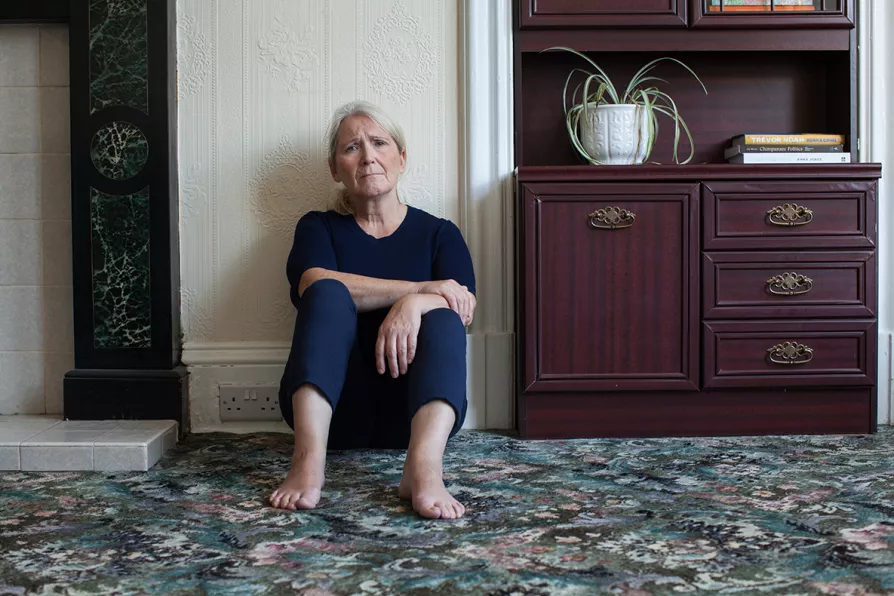Domestic violence victims must heard the first time they call 999, campaigner says

 [© Laura Dodsworth]
[© Laura Dodsworth]
DOMESTIC violence victims need to be heard the first time they call 999, a campaigner insisted today as a minister described abuse as the “Cinderella” of crimes.
Nour Norris, whose niece Raneem Oudeh, 22, and sister Khaola Saleem, 49, were murdered by Ms Oudeh’s ex-partner in 2018, said that those calling the police for help “need to be given the opportunity to be saved.”
On the night they were killed, Ms Oudeh had called West Midlands Police four times to register concerns for her safety.
Similar stories












![[Pic: Camila Quintero Franco / Creative Commons]]( https://msd11.gn.apc.org/sites/default/files/styles/low_resolution/public/camila-quintero-franco-mC852jACK1g-unsplash_0.jpg.webp?itok=6qZlUtJV)

